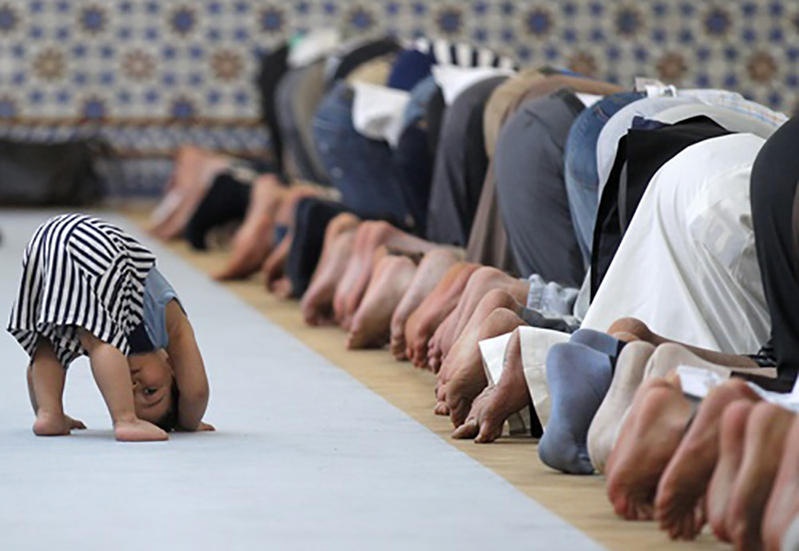
The Islamic month of Ramadan begins on Saturday, June 28 and ends on July 28, 2014. Fasting from sunrise to sunset is mandatory for most adult Muslims during Ramadan, though exceptions are made for those who are ill, travelling, breastfeeding, or pregnant. Those participating are expected to fast from food and drink, from smoking, and from sexual activity during this time.
Ramadan is one of the five pillars of Islam; Muslims practice fasting during Ramadan with hope that it might earn them rewards and help to cleanse their souls. Islam differs from Christianity in many ways, the most important being that God has extended grace and forgiveness to mankind by sending His Son Jesus to die on the cross for our sins. Jesus Christ bore the wrath of God in our place and paid the debt of sin in full. God will ransom all who call on His name because of what Christ has done for us (see Romans 10:9-10).
The Islamic month of Ramadan is meant to encourage self-discipline, sacrifice, and worship - Muslims typically recite the Quran during this time and offer many ritualistic prayers (salat) to Allah.
During the thirty-day fast, Muslims are able to eat before sunrise and after sundown. Many socialize and eat traditional foods together at banquets to break their daily fasts. Ramadan encourages charity to the poor, since good deeds are believed to be rewarded more abundantly during Ramadan than they are during any other month.
In certain Islamic countries, those who are required to fast but choose not to participate can face fines and even imprisonment. The month of fasting culminates with Eid al-Fitr, a holiday of feasting, of merriment, and of religious observances.






